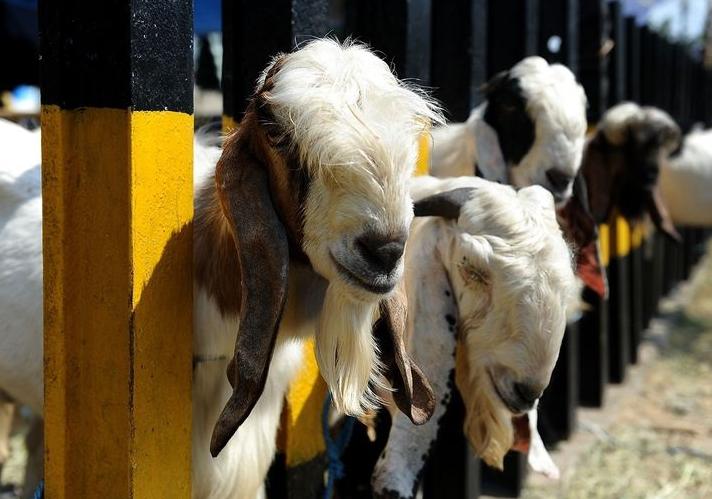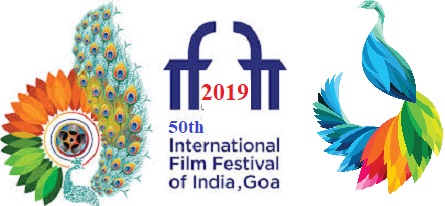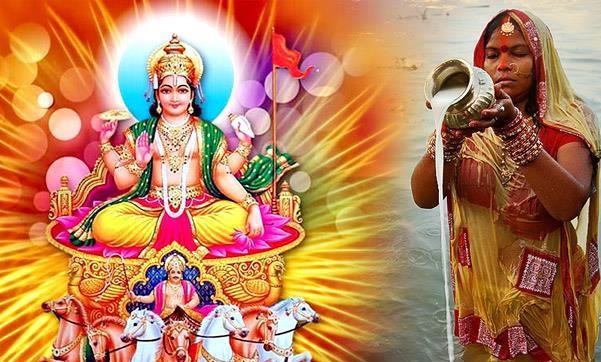Updated By: LatestGKGS Desk
Eid al-Adha Celebrations History, Features, Festival of Sacrifice, Story, Observation

Eid-al-Adha /Eid-ul-Zuha /Bakr Id Islamic Festival History, Gospel, Celebrations, Offerings, Story, Tradition, Festival of Sacrifice, Features
Muslims look forward to Eid ul-Fitr as an occasion of peace, happiness, joy, and festivity. It’s a day for special prayers and an extension of forgiveness and generosity.
The day brings people together as the festival celebrates togetherness and encourages fellowship. Companions, relatives, friends, and family are welcomed and offered desserts.
In fact, it is considered holier of the two Eids and also known as the sacrifice feast, as it is celebrated to honour the dedication and willingness of Ibrahim (Abrahim) to sacrifice his son as an act of submission on God’s command.
According to legend, upon being asked, Ibrahim was ready to sacrifice his beloved son, but seeing his commitment, Allah intervened and, instead, asked him to sacrifice something less dear to him.
It was then that Ibrahim sacrificed an animal for Allah. In commemoration of this, every year on the day of Eid al-Aadha an animal is sacrificed.
The animal is not completely consumed by the family instead it is divided into three parts.
One is shared by the family, the other is distributed According to tradition, no one should be left hungry on the day of Eid.
History of Eid al-Adha (Festival of Sacrifice)
The history behind Eid-ul-Adha is that God once told his friend Prophet Ibrahim to sacrifice a thing which is dearest to him to prove his love and faith in God. Prophet Ibrahim decided to sacrifice his only son Ismail on God command.
When Prophet Ibrahim was about to sacrifice his son, then God's angel Jibrail replaces Prophet Ibrahim’s son with a goat. as so far from that day, Eid-ul-Adha is celebrated by sacrificing a male goat.
The animal is divided into three portions and these are then distributed the first part is given to relatives and neighbours and friends, the second part is given to the poor while the third is reserved for the family.
The festival is celebrated among the Muslims around the world. The celebration includes visits to mosques and offering prayers for peace and prosperity. Eid-ul-Adha is the second of the two Muslim annual holiday celebrated worldwide.
Muslims commemorate Eid-ul-Adha to mark the Prophet Ibrahim’s willingness to sacrifice his own son as an act of obedience and devotion towards God.
According to the Islamic lunar calendar, Eid-ul-Adha is celebrated on the 10th day of the Islamic month Dhu-al-Hijjah.


